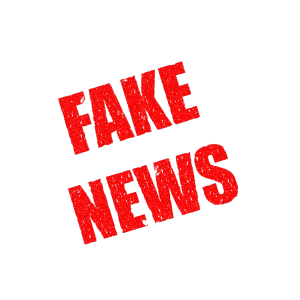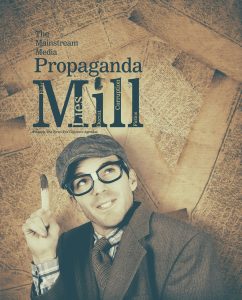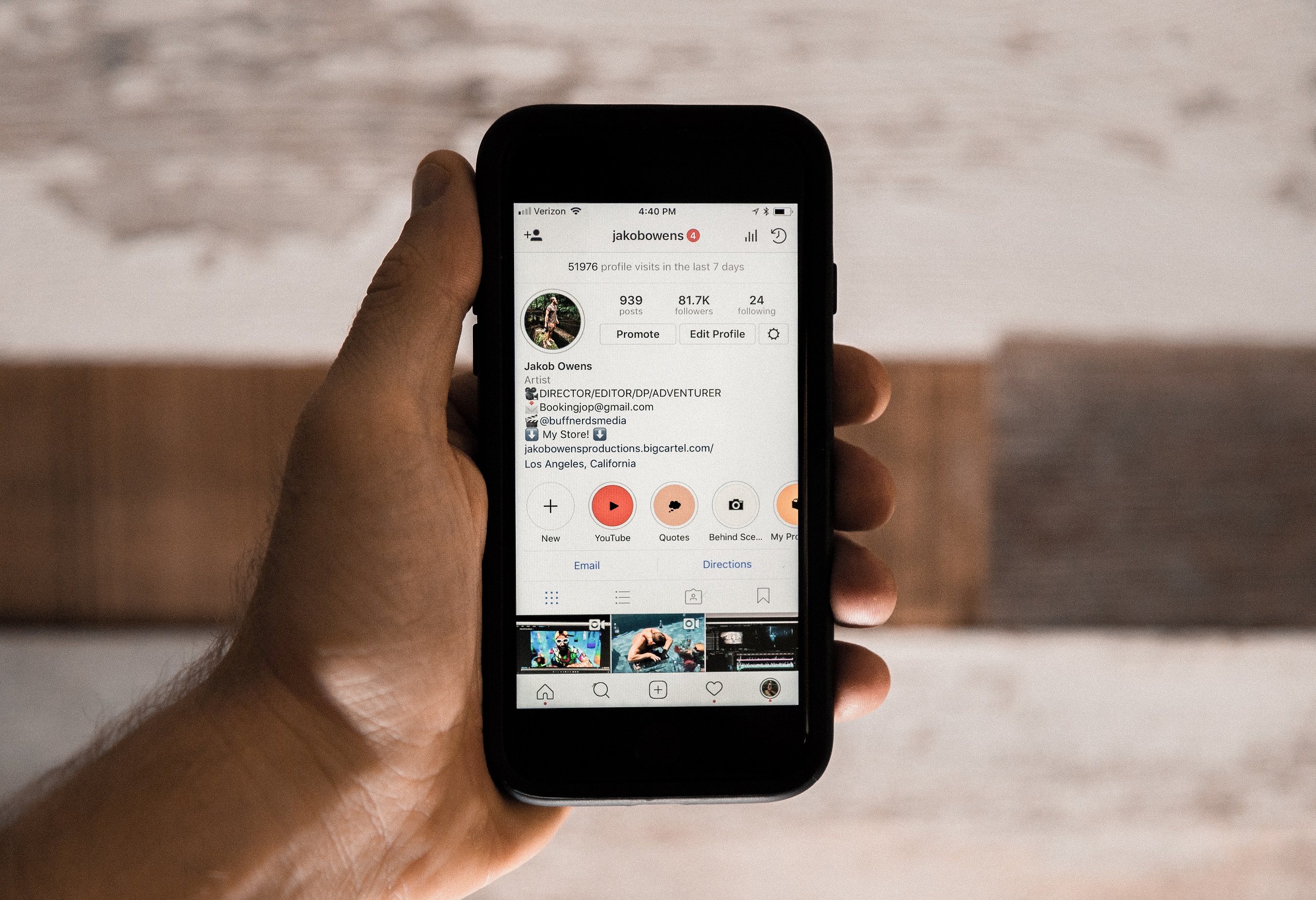In spite of president Donald Trump stating (and more than once, too) that the expression “fake news” is something he invented, the phenomenon is nothing new. It may have found a new life in the Internet era, but it’s something that always existed. It even had the same name!
Blowing things out of proportion, dancing on the delicate line between a news  fact and a myth was standard procedure for many writers and authors. Here be monsters on an ancient Roman map of Africa? Fake news! Mermaids singing and driving sailors mad? Fake news! A succulent story could potentially reach a bigger number of readers. So what if it wasn’t completely true? If that was the price to pay in exchange for becoming famous, so be it!
fact and a myth was standard procedure for many writers and authors. Here be monsters on an ancient Roman map of Africa? Fake news! Mermaids singing and driving sailors mad? Fake news! A succulent story could potentially reach a bigger number of readers. So what if it wasn’t completely true? If that was the price to pay in exchange for becoming famous, so be it!
Even in the pre-industrial world of early newspapers, telling stories with nothing remotely resembling what’s today known as “fact checking” meant, granted one was completely believable, having authority and success, a steady job, more money.
 What’s the gain for fake news makers?
What’s the gain for fake news makers?
In 1938 famous actor and director Orson Welles broadcasted a pretend Martian invasion on live radio. It was the well-known War of the Worlds. The audience was so shocked they thought it was all real, and started panicking. In 1957, the BBC photographed Swiss peasants harvesting spaghetti from spaghetti trees. Way before that, 1814, the news spread that Napoleon Bonaparte had died (he hadn’t… not that time). As a reaction, the London Stock Exchange plummeted.
These three examples show different reasons why fake news can be manufactured: as a joke or a hoax (like in the case of the BBC); as a way of attracting more audience; or with a malicious intent. In the event of Napoleon “not dying”, the man who planned the story (a Lord Thomas Cochrane) knew the LSE would have crashed and knew how to gain from it.
This is the type of fake news that concerns us the most. The population being  misled or misinformed can be the cause for dramatic events (in the Napoleon episode, many people committed suicide because they believed the story, or because they lost what they had invested), which in turn can be the source of personal gain for who’s behind it. It’s not just monetary gain, either: many fake news makers operate to pursue a political agenda, for example. But we’ll get to it in a dedicated page.
misled or misinformed can be the cause for dramatic events (in the Napoleon episode, many people committed suicide because they believed the story, or because they lost what they had invested), which in turn can be the source of personal gain for who’s behind it. It’s not just monetary gain, either: many fake news makers operate to pursue a political agenda, for example. But we’ll get to it in a dedicated page.





